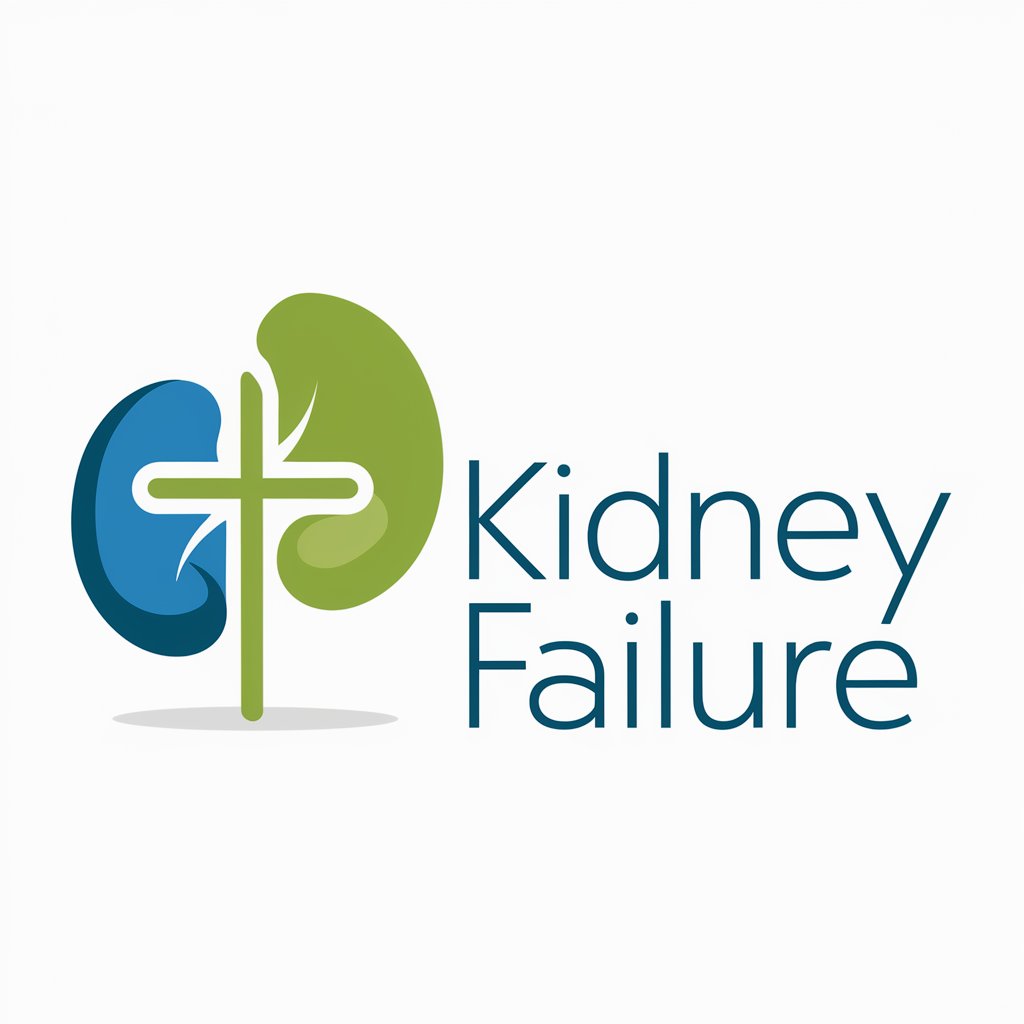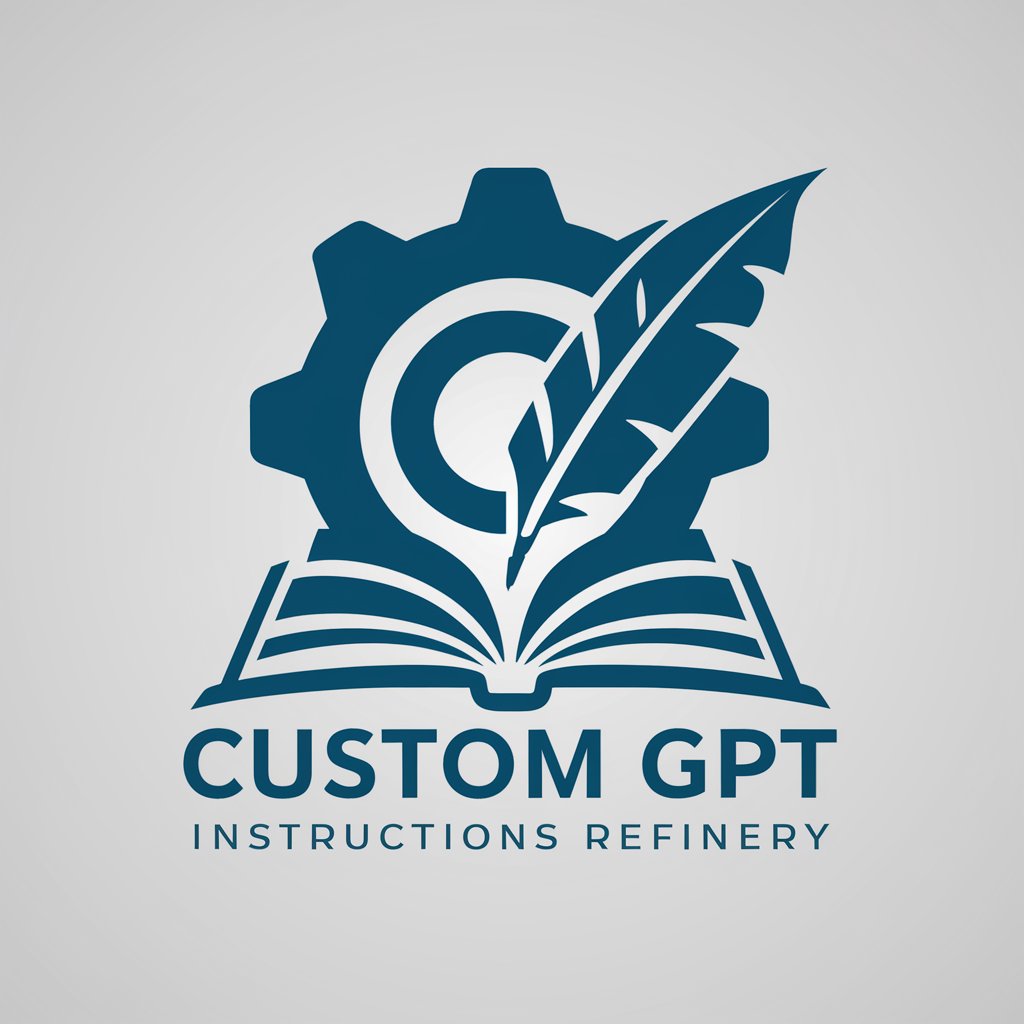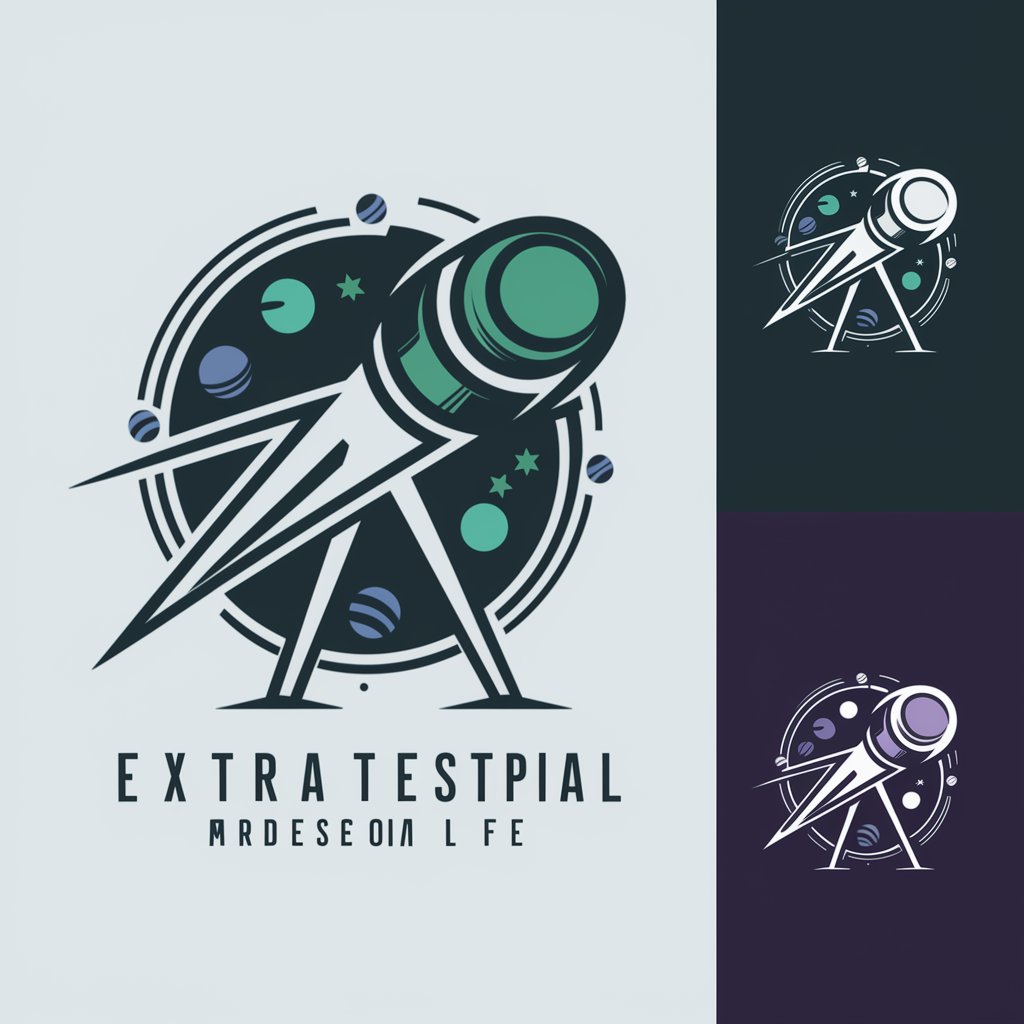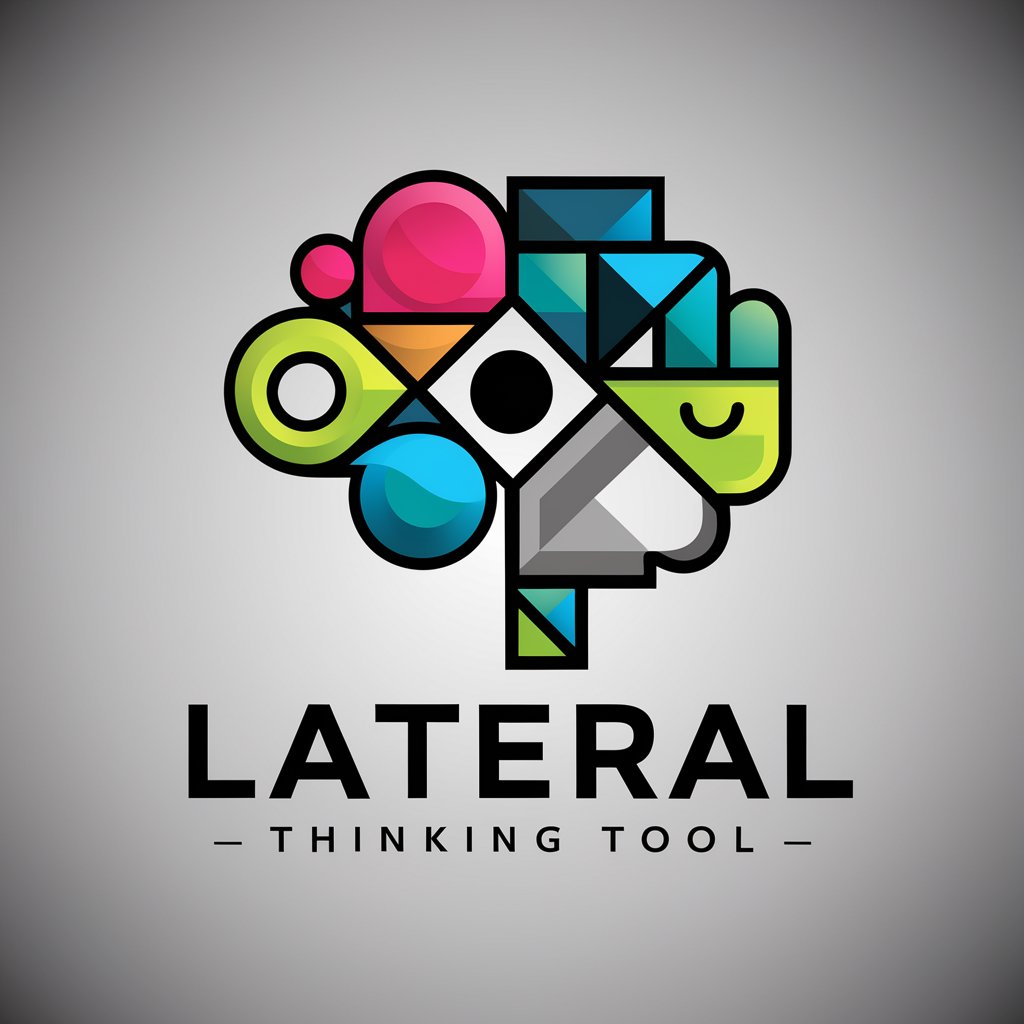Kidney Failure - Kidney Health Information

Hello! I'm here to provide information about kidney health and medical procedures related to kidney failure.
Empowering Kidney Health with AI
What are the main causes of kidney failure?
Can you explain the symptoms of kidney failure?
How does dialysis help patients with kidney failure?
What is the process of a kidney transplant?
Get Embed Code
Introduction to Kidney Failure GPT
Kidney Failure GPT is a specialized conversational AI designed to provide information and insights into kidney failure, including its causes, symptoms, management, and treatments such as dialysis and kidney transplantation. It is programmed to deliver medical and informative content, drawing from a vast database of knowledge in nephrology and related fields. By simulating conversations on kidney health, this GPT aims to educate users about the intricacies of kidney functions, common renal issues, and the latest medical procedures related to kidney failure. For instance, it can explain how high blood pressure and diabetes might lead to chronic kidney disease, or describe the process and types of dialysis, using real-world scenarios like a patient navigating their treatment options after a kidney failure diagnosis. Powered by ChatGPT-4o。

Main Functions of Kidney Failure GPT
Educational Insights
Example
Explaining how kidneys filter waste from the blood and regulate body fluids
Scenario
A user curious about how their lifestyle affects kidney health might learn about the role of kidneys in detoxification and homeostasis.
Guidance on Management and Treatment
Example
Discussing the types of dialysis (hemodialysis vs. peritoneal dialysis) and their implications
Scenario
A patient recently diagnosed with kidney failure seeks to understand their dialysis options, enabling them to discuss these treatments more informatively with their healthcare provider.
Awareness on Symptoms and Causes
Example
Identifying common symptoms of kidney failure, such as fatigue, swollen ankles, and blood in urine
Scenario
Someone experiencing unusual symptoms can learn about the signs of kidney disease, prompting them to seek professional medical advice.
Ideal Users of Kidney Failure Services
Patients and Caregivers
Individuals diagnosed with kidney failure or those caring for someone with kidney issues can benefit from detailed, accessible information on managing the condition, understanding treatment options, and navigating the complexities of renal healthcare.
Health Enthusiasts
People interested in maintaining kidney health and preventing renal diseases can find value in learning about the factors that contribute to kidney failure, such as diet, lifestyle, and underlying health conditions.
Medical Students and Professionals
Students and practitioners in the medical field may use Kidney Failure GPT as a supplementary tool for studying kidney diseases, keeping up with the latest in nephrology, and discussing complex cases in an educational setting.

How to Use Kidney Failure
1
Visit yeschat.ai for a free trial, no login or ChatGPT Plus required.
2
Select the 'Kidney Failure' option to access specialized information on kidney health.
3
Enter your queries related to kidney failure, symptoms, treatment, and prevention.
4
Utilize the provided information for educational, research, or general knowledge purposes.
5
For personal health concerns, use this information as a basis for discussion with healthcare professionals.
Try other advanced and practical GPTs
Promptgenerator für Charaktere;Geschichten, Spiele
AI-powered creativity for stories and games

Prompt Master
Enhancing AI interactions with precision

Rifle
Empowering Rifle Knowledge with AI

DOJO
Empowering Martial Arts Academies with AI

EduSim Avatar Generator
Crafting Realistic Veterinary Encounters with AI

T.G.
Unlocking Knowledge with AI-Powered Seminar Insights

Credit Card
Empowering your finance with AI

Custom GPT Instructions Refinery
Refining AI instructions with precision.

AI News
Stay Ahead with AI-Powered News Insights

Aliens
Exploring the Cosmos with AI

Lateral Thinking Tool
Unlock Creative Potential with AI

Elegant Logo Creator
Craft Your Brand's Identity with AI

Kidney Failure Q&A
What are common causes of kidney failure?
Kidney failure can result from conditions like diabetes, high blood pressure, chronic kidney disease, and acute injuries that damage the kidneys.
How does dialysis help in kidney failure?
Dialysis performs the function of the kidneys by filtering and purifying the blood when the kidneys can no longer do so effectively.
What are the signs of kidney failure?
Symptoms include fatigue, reduced urine output, swelling in legs, shortness of breath, and confusion.
Can kidney failure be reversed?
While acute kidney failure may be reversible with treatment, chronic kidney failure is typically not reversible but can be managed.
What are the options for treating end-stage kidney failure?
Treatment options include dialysis and kidney transplantation, depending on the individual's condition and eligibility.
